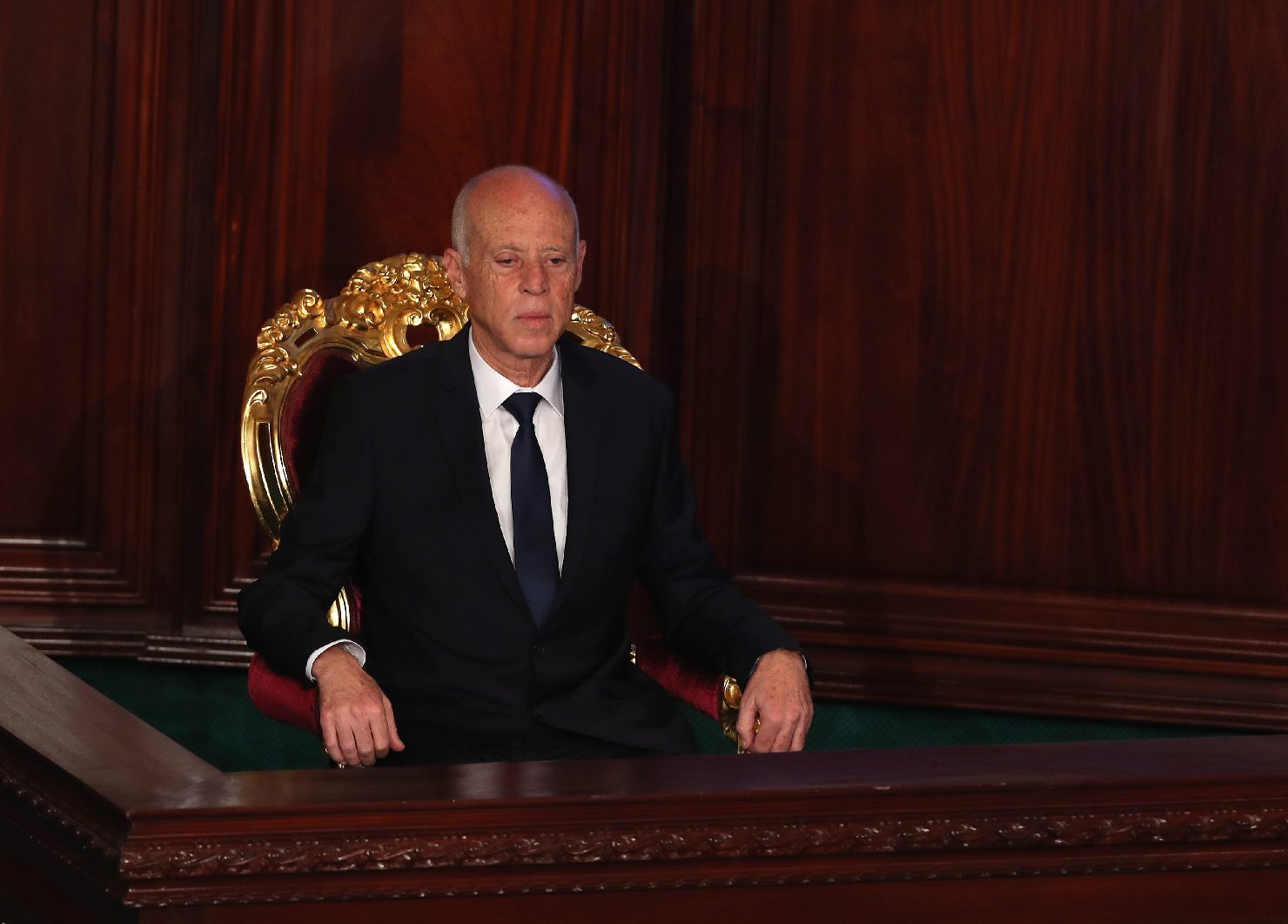
On Monday, US Secretary of State Anthony Blinken spoke with Tunisian President Kais Saied, telling him that the US expects respect for democracy and human rights.
Blinken called on the Tunisian president to maintain dialogue with all political actors and “the Tunisian people”. The Secretary of State assured the United States of its support for Tunisia in both combating the coronavirus pandemic and economic development. These two issues played a major role in the protests that erupted on Sunday across the country, with demonstrators demanding the government’s departure and new elections. Saeed announced on Sunday night that he would replace the prime minister and suspend parliament.
Prior to Blinken’s phone call, the US State Department issued a statement calling on the Tunisian leadership not to destroy the country’s young democratic development. He described the situation in the media as particularly worrying after Tunisia closed the local office of the Qatari Arabic news channel Al Jazeera, without justification or legal basis.
In 2011, a wave of protests across the Arab world swept Tunisia, dubbed the Arab Spring, during which uprisings began in many countries against the authoritarian regimes in power. In Tunisia, the movements succeeded in removing Zine El Abidine Ben Ali, who ruled the country for more than 20 years, and changed the authoritarian regime, but regime change did not bring prosperity, leaving many dissatisfied.







